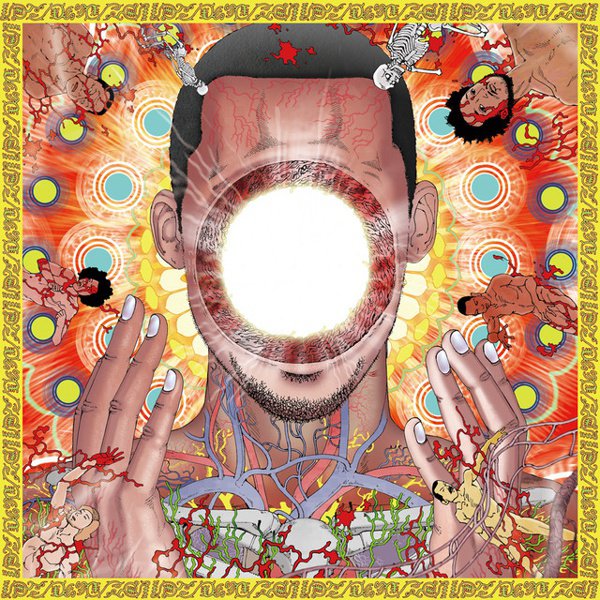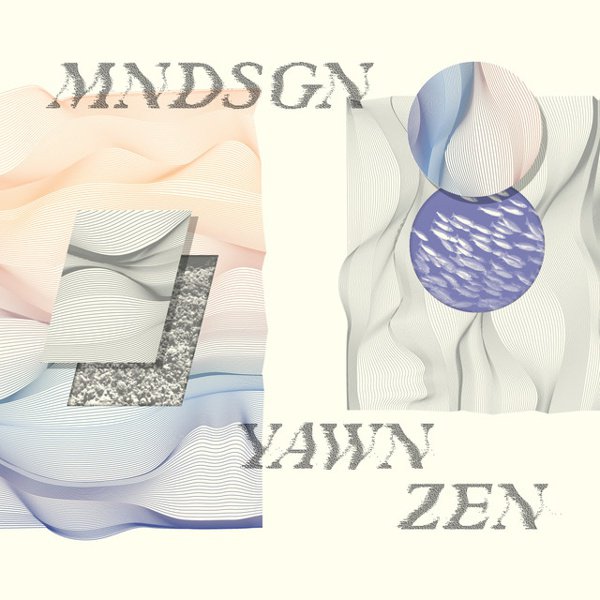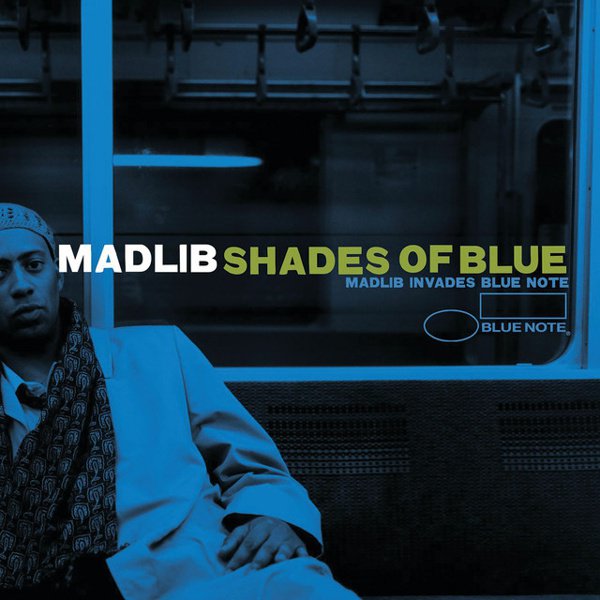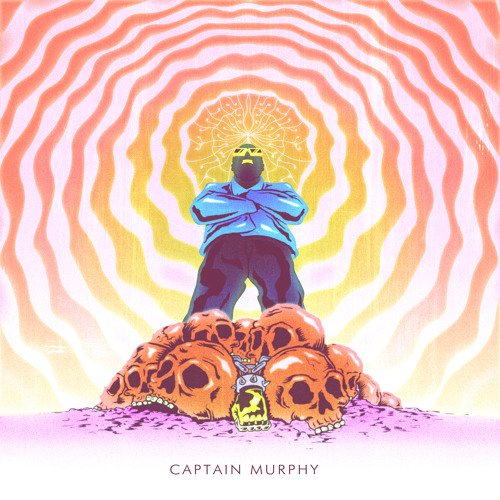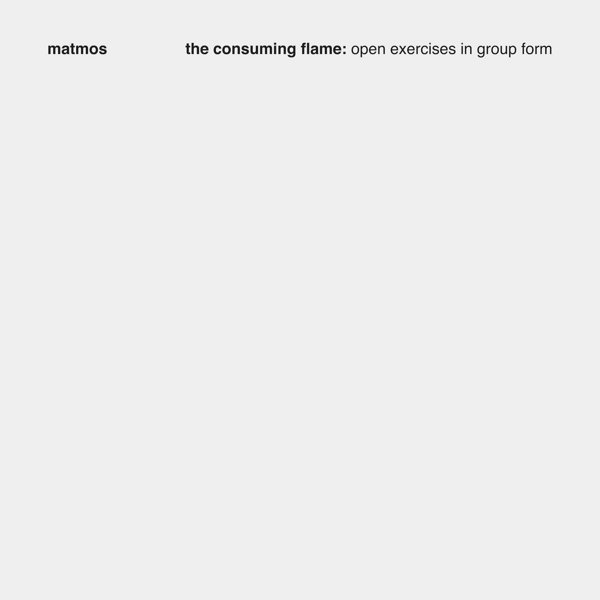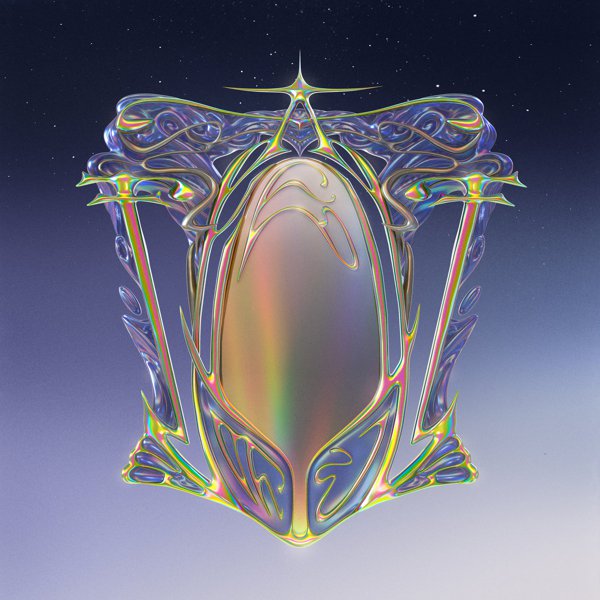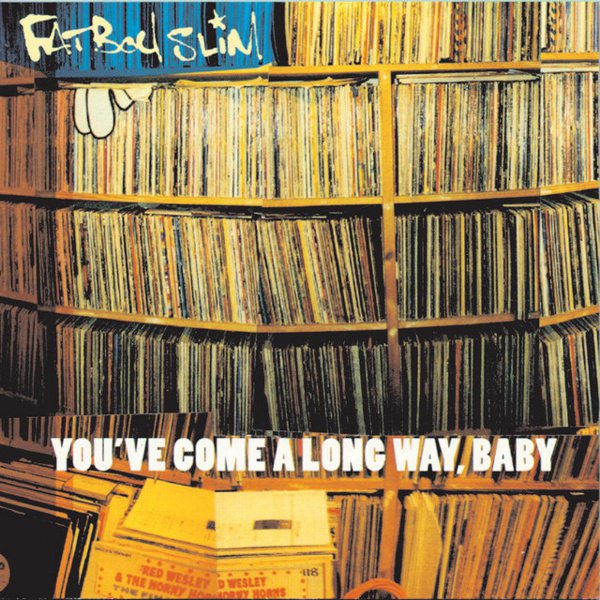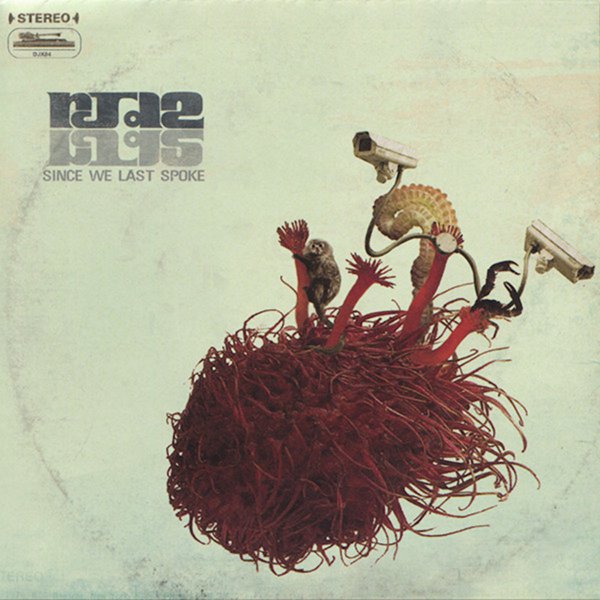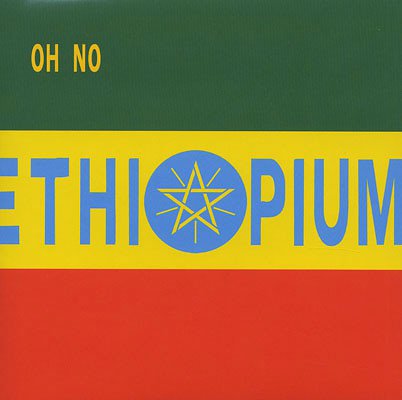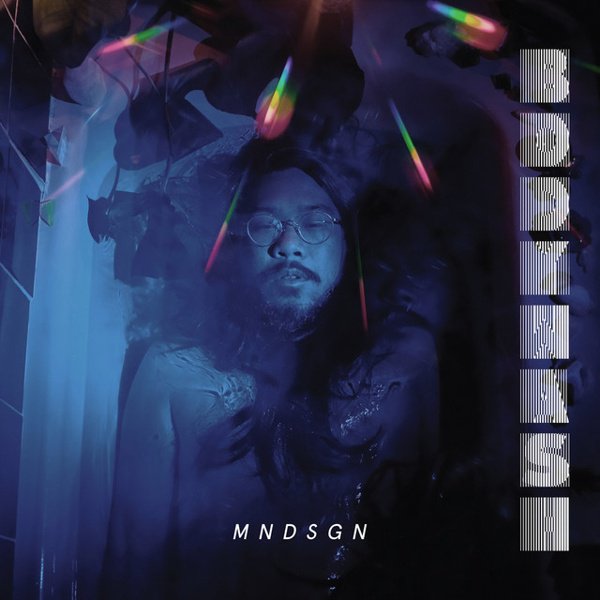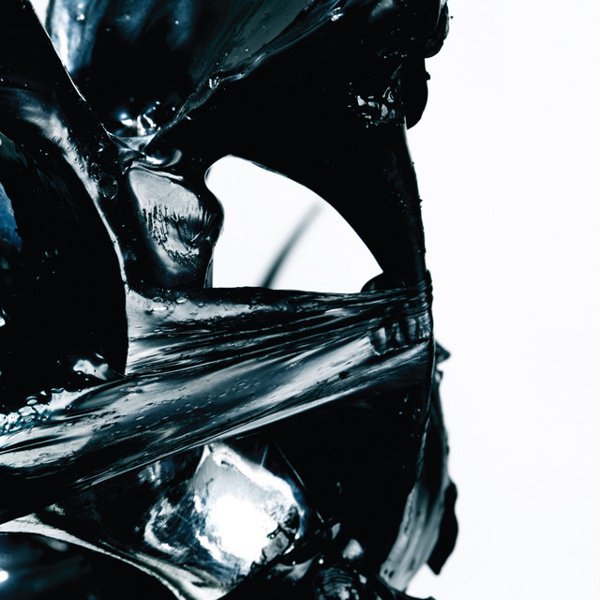
Recommended by
Los Angeles
After landing a gig making bumper music for [adult swim] and building off that for a half-formed sketchbook-quality debut in 1983, Steven Ellison’s ambitions and visions would rapidly crystallize once he got comfortable with the idea that he was part of something bigger than just himself. And that something bigger wound up being ideally represented by his work nonetheless. The early years of the L.A. beat scene his work thrived in feels embodied by this album, from the titles (Los Angeles as epicenter, opening cut “Brainfeeder” as a future vanguard label) to the affiliations (co-producers included scene pillars Gaslamp Killer, MatthewDavid and Samiyam) to the sound itself. The concept of a hip-hop-indebted, jazz-inflected take on IDM (or was it jazzy, IDM-textured hip-hop?) would catch fire on Los Angeles, a savvy triangulation of Boards of Canada’s hypnagogic ghostliness, J Dilla’s rhythmic complexity, and his own Coltrane-family ties (“Auntie’s Harp” samples Alice’s “Galaxy in Turyia”) that represented a new cult-niche version of what constituted “fusion.” And while FlyLo’s Afrofuturist conceptual breadth would expand drastically over the years, that just makes the this is what I do statements on this sophomore album feel like a confident long stride towards a new vanguard. Its highlights are already diffuse enough to , not just in style but in mood and texture. Lo-fi ambience and tape-hiss noise mingle with pristine bassliness, while vibes shift from tide-tossed free-floating drifts through hyperneo-soul (“RobertaFlack”) to intercontinentally cosmic Bollywood dub-funk (“GNG BNG”) to joint-dislocating junkyard disco (“Parisian Goldfish”). Los Angeles is a breakthrough for its creator and the scene it popularized, but it doesn’t take hindsight to hear why: the way it mixes club music’s speaker-booming directness, glitch’s tactile unpredictability, and the serene tonal exploration of ambient music is mutably beautiful.


